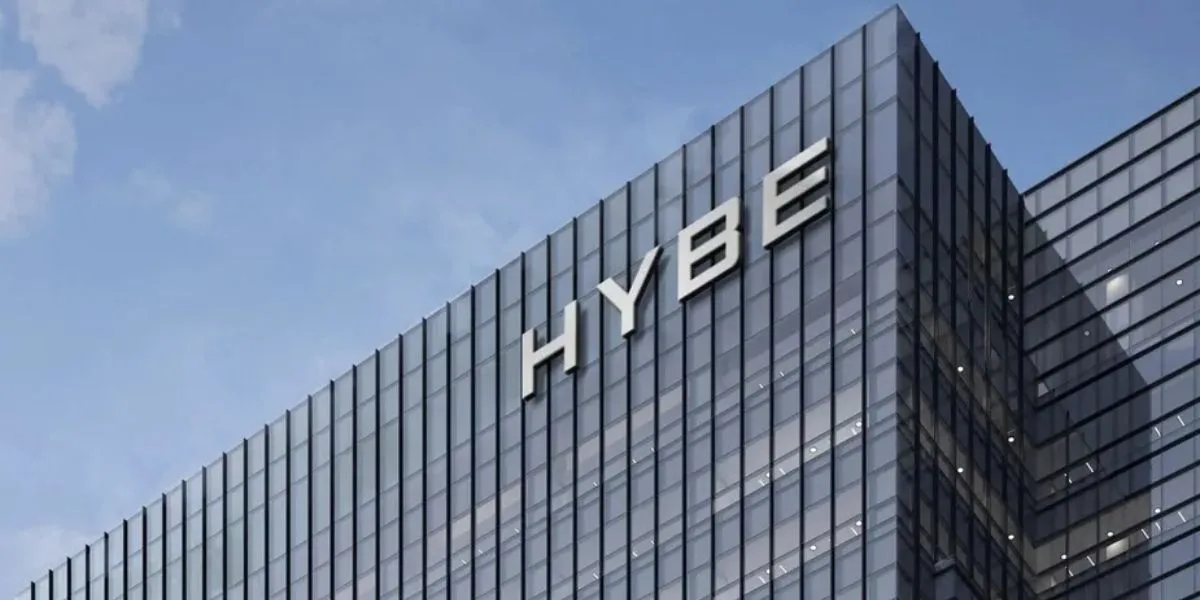HYBE, the big K-pop company behind global superstars like BTS, has officially opened a subsidiary in Beijing. As per entertainment sources on May 29, HYBE China Co., Ltd. was established in early April.
This is a major step, and it comes at a time when many in the entertainment world are hoping that China will fully lift its ban on Korean pop culture, often called the THAAD Ban.
The THAAD ban refers to unofficial economic and cultural restrictions China imposed on South Korea starting in 2016. This was retaliation for South Korea deploying the U.S. Terminal High Altitude Area Defense (THAAD) missile system, which China viewed as a security threat. The “ban” significantly impacted South Korean entertainment, tourism, and various businesses, though never formally announced by Beijing.
For a while now, HYBE has been a global powerhouse, but they have been a bit more careful about going all-in on the Chinese market compared to other well-known K-pop agencies like SM, JYP, and YG Entertainment. This cautious approach was mainly due to past political tensions and, of course, the COVID-19 pandemic, which slowed down cultural exchanges.
But things have been changing. Last May, HYBE made a key move by signing a deal with Tencent Music, which is China’s biggest music platform.
Unlike HYBE, other big K-pop companies like SM, JYP, and YG have had offices in China for a while. Some even have Chinese idol groups. The industry is watching closely now because if the market fully opens up, it could be a huge win, especially with how popular HYBE’s artists already are around the world.
A K-pop industry official said, “HYBE has been cautious and has been working hard to establish a Chinese corporation for a long time. To that extent, they likely have a solid foundation in place.”
Recent reports from the Korea Creative Content Agency (KOCCA) show just how big the Chinese market is. Last year, China hosted a whopping 27,000 big concerts, attracting over 36.5 million people and making about 29.6 billion yuan (that’s over 5.6 trillion Korean Won!) from ticket sales. KOCCA says this comeback is mostly because people are spending more money after the pandemic, especially on concert tickets in the 300 to 1,000 yuan range.
It’s interesting that even when HYBE’s Chairman, Bang Si Hyuk, talked about a “K-pop crisis,” he has always been positive about the Chinese market. Back in March 2023, he even pointed out that even with the past restrictions, people in China were still spending more money.
Before this new office, HYBE’s Chinese business was handled by a company called Xing Can Sheng Shi, which is part of PLEDIS Entertainment (home to groups like SEVENTEEN and TWS). With HYBE China now set up, it looks like there will be a more unified plan to support all of HYBE’s artists in the region. For now, there are not any plans to create new local artists, but this move definitely sets the stage for what could come next.
HYBE China is now one of four international offices for the company, joining those in the US, Japan, and Latin America. With past successes like the US-based “KATSEYE” group, it seems HYBE is always looking for new ways to share K-pop’s unique style with the world, even adapting it to fit different cultures. Their latest step into China looks like another smart move in their global plan.

